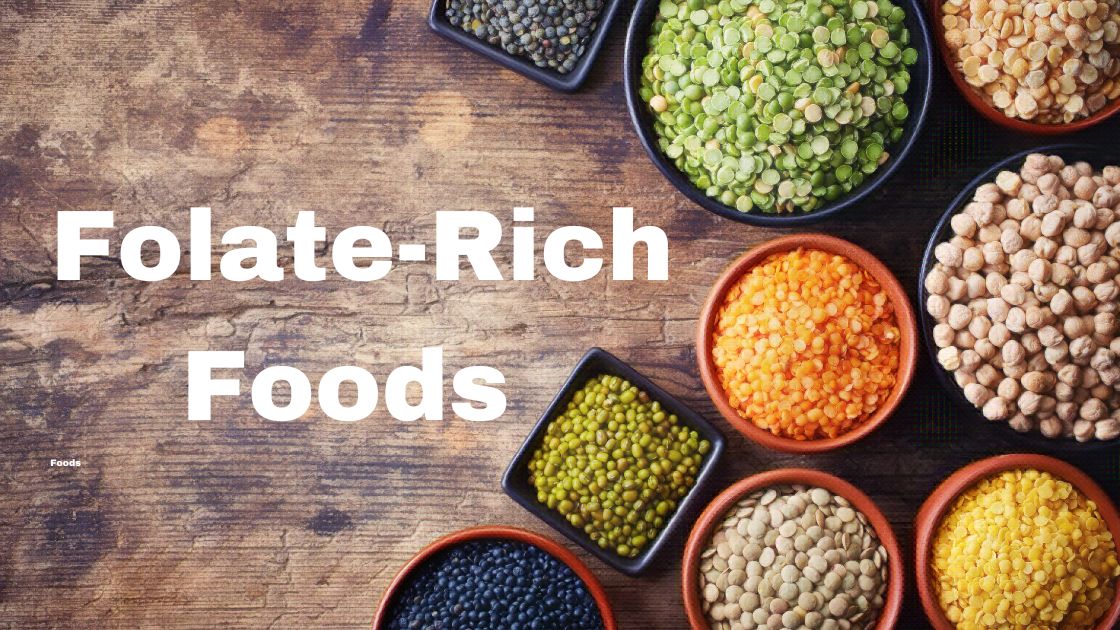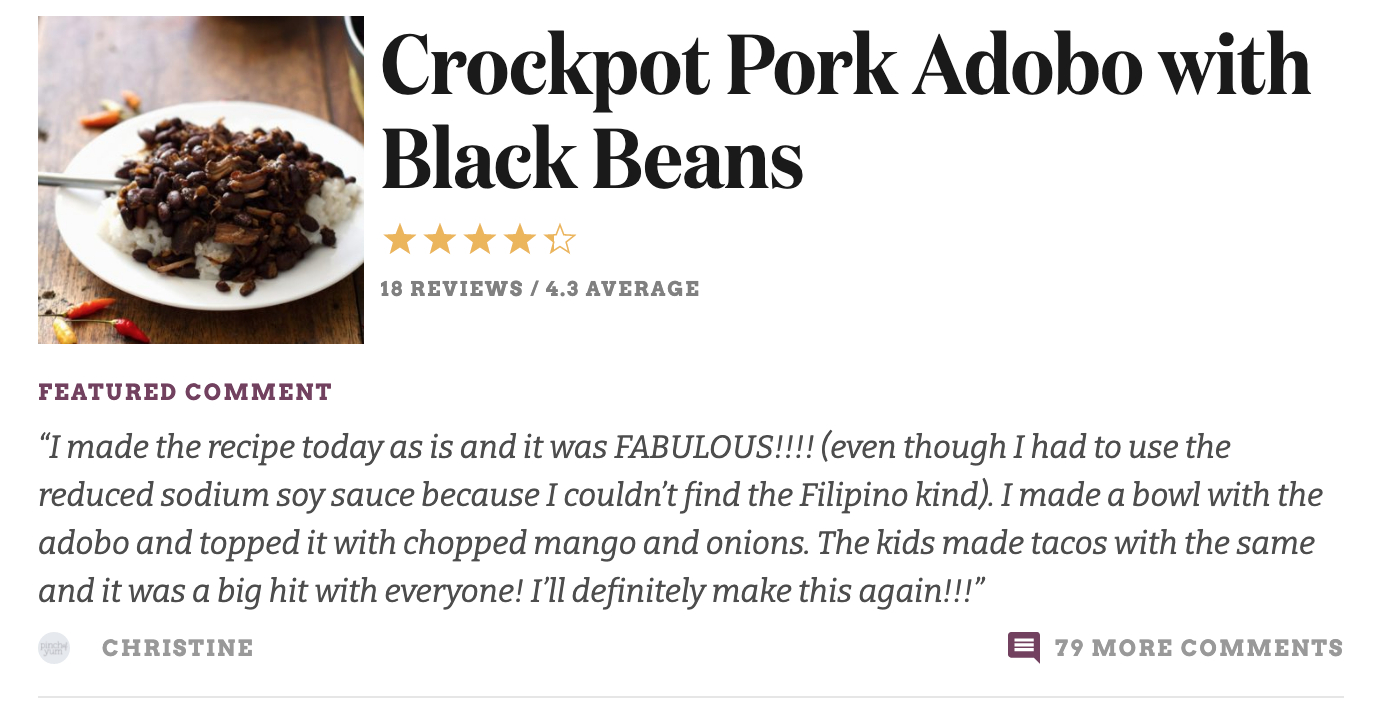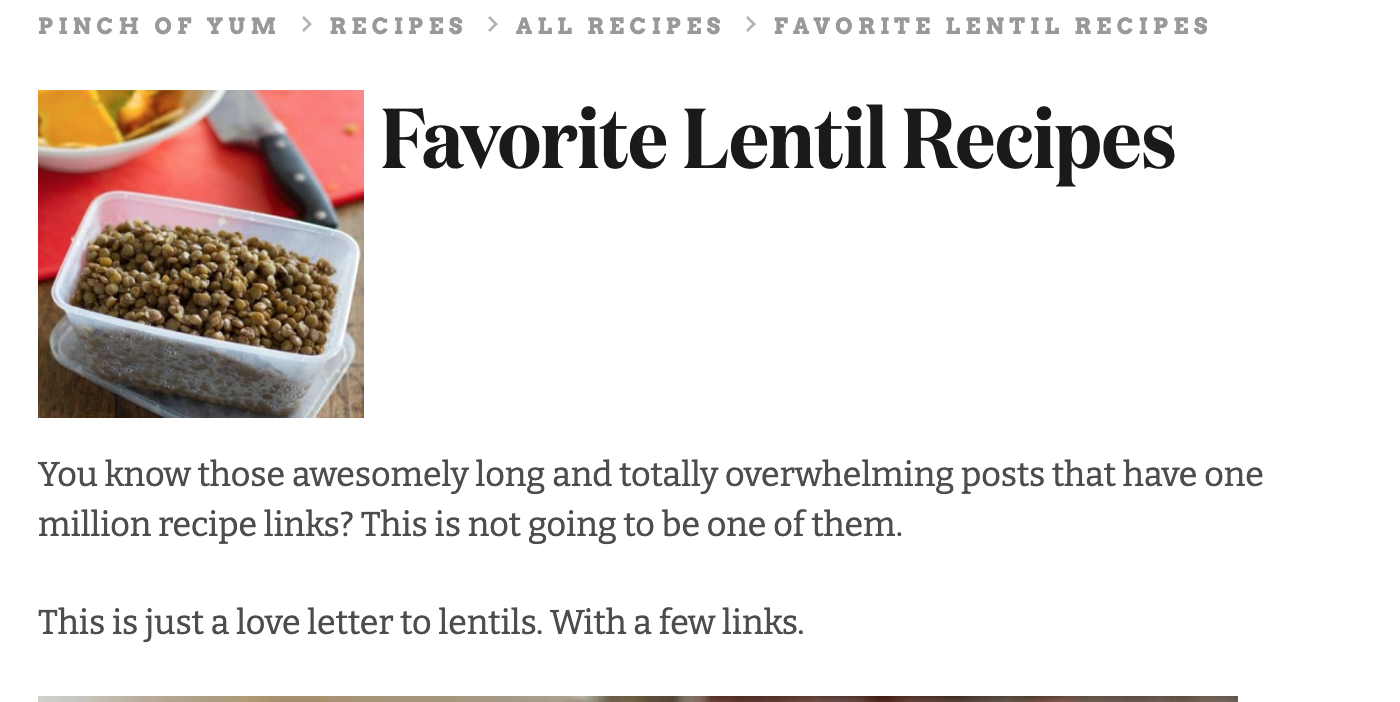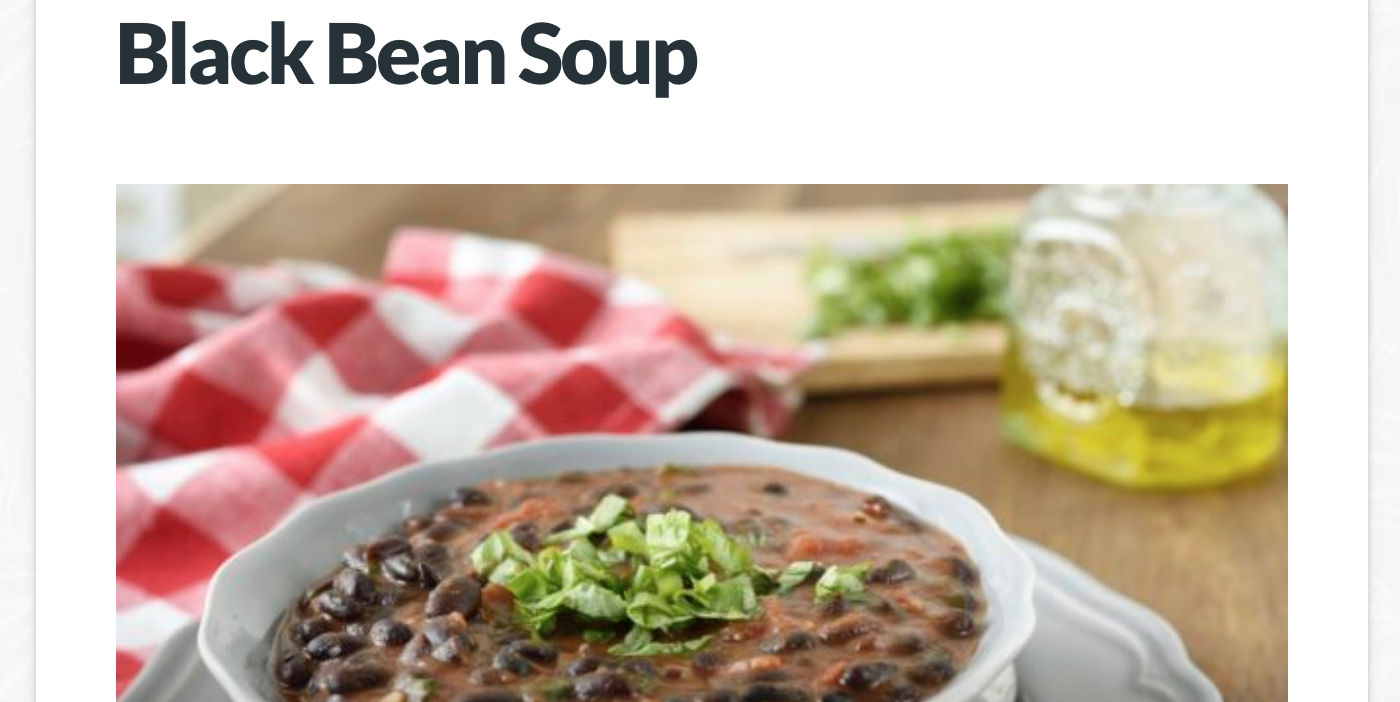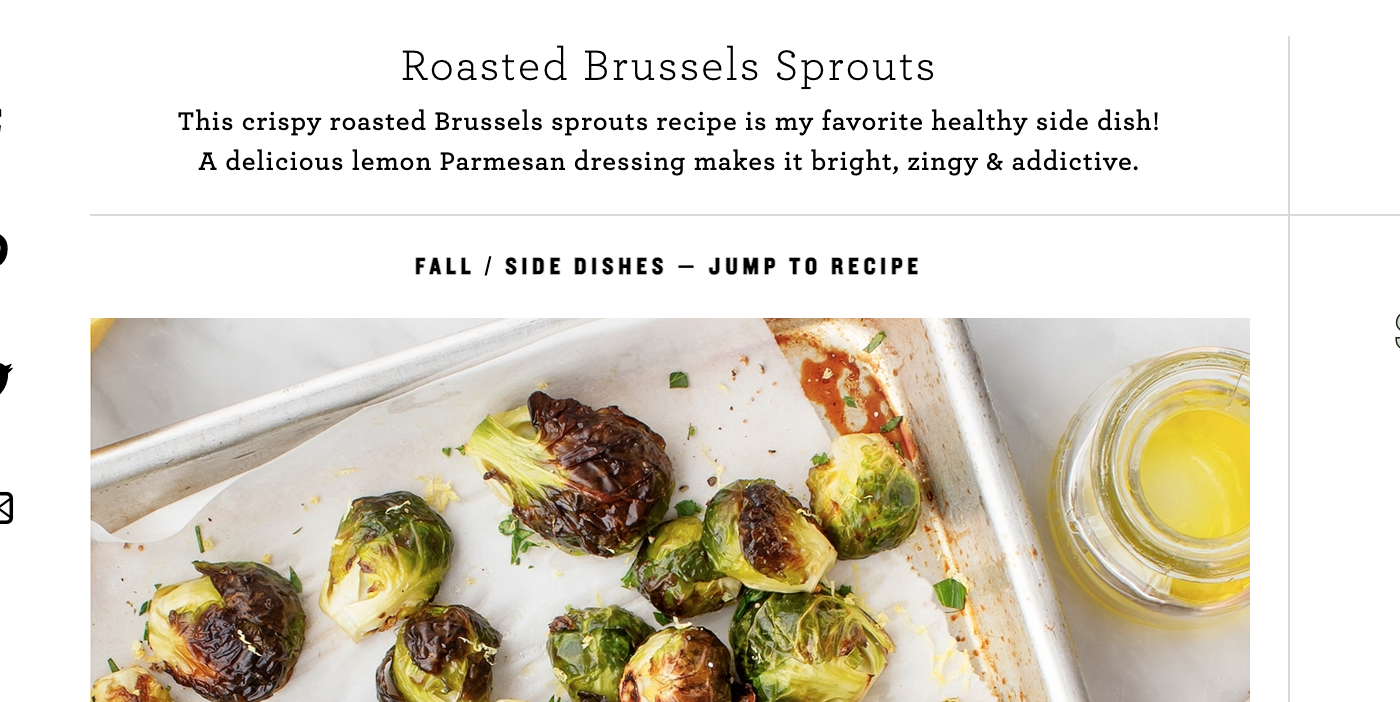Genetic variants in the MTHFR gene make getting plenty of folate essential for some of us.
The MTHFR gene is key to converting folate for use in the cells. The MTHFR C677T variant decreases enzyme function by 40-70%. (Check your MTHFR gene here.)
I like to think of the MTHFR C677T variant as the “eat your veggies” variant.
Do you have to take supplements if you carry the MTHFR variant? Nope. You can add more folate-rich foods to your diet instead. Research shows that a folate-rich diet is enough to overcome the negative effects of the variant.
But…it can be tough to get enough folate in a typical diet. The recommended daily intake of folate is 400 mcg, and many of the traditional foods high in folate that our ancestors used to eat are less common today.
Foods high in folate:
I’m focusing here on foods that contain natural sources of folate instead of folic acid. Keep in mind that if you are eating fortified foods, such as cereal, bread, white rice, and pasta, you are likely consuming quite a bit of folic acid. (Read more about folic acid and your genes)
| Food | Serving size | Folate (mcg) |
| Edamame | 1/2 cup | 241 mcg |
| Beef liver | 1 slice (81g) | 211 mcg |
| Lentils | 1/2 cup | 178 mcg |
| Chicken liver pate’ | 1/4 cup | 166 mcg |
| Chicken liver, pan-fried | 1 oz | 157 mcg |
| Black beans, cooked | 1/2 cup | 127 mcg |
| Broccoli, cooked | 1/2 cup | 84 mcg |
| Hummus | 1/2 cup | 73 mcg |
| Pinto beans, canned | 1/2 cup | 72 mcg |
| Black-eyed peas, canned | 1/2 cup | 61 mcg |
| Spinach, raw | 1 cup | 58 mcg |
| Brussels sprouts, cooked | 1/2 cup | 47 mcg |
| Green peas, canned | 1/2 cup | 37 mcg |
| Kidney beans, canned | 1/2 cup | 26 mcg |
| Green beans, canned | 1/2 cup | 21 mcg |
| Ribeye steak | 300 g | 19 mcg |
| Kale, raw | 1 cup | 19 mcg |
Find more folate-rich foods: Self NutritionData search or NutritionValue.org. Keep in mind that packaged foods, such as cereals, pasta, and bread, contain folic acid instead of folate.
Recipes ideas for folate-rich foods:
Check out the following recipe ideas for adding more folate to your diet.
Pinch of Yum recipe for Black Beans in the crockpot. Black beans are a good source of folate.
Another folate-rich Pinch of Yum recipe for lentils.
Pioneer Woman (Ree Drummond) recipe for creamed spinach. 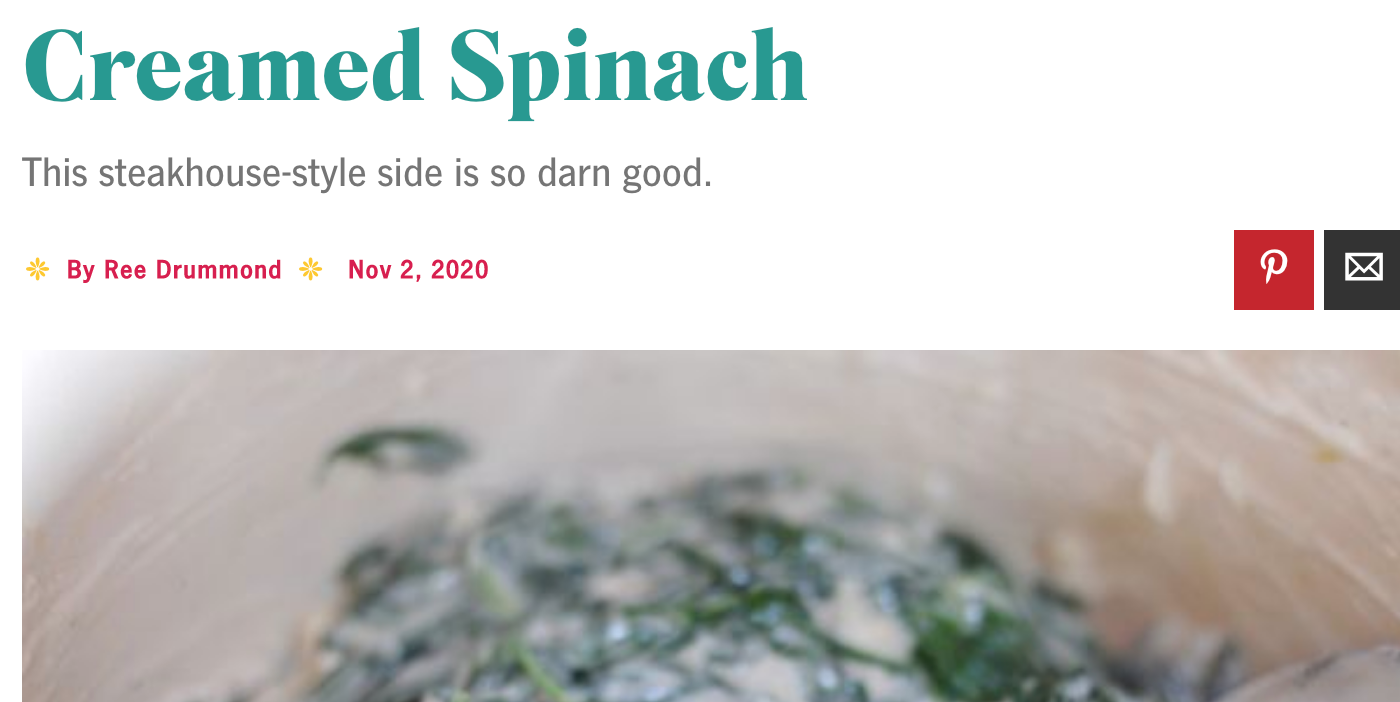
Black Bean Soup recipe using dried black beans. Dr. Weil.
Caroline’s Cooking easy chicken liver pate recipe.
Chicken liver is an excellent source of folate, and often people find it more palatable than beef liver.
Love & Lemons recipe for roasted Brussels sprouts.
Calculating folate in your diet:
One advantage of getting folate from your diet instead of a methyl folate supplement is that you will spread out your intake over the course of a day. Plus you are getting other antioxidants, vitamins, and minerals from the food sources as well.
A supplemental methyl folate is a good option, though, if you aren’t getting enough folate-rich foods in your diet.
How can you know if you get enough? Track what you eat for a week and see how the folate intake adds up. Shoot for at least 400 mcg/day.
Cronometer.com is a free web app (with a paid ‘pro’ option). It will calculate your daily nutrient intake for many different micro and macronutrients
Nutrition Value is another free website for looking up nutritional information.
Related Articles and Genes:
MTHFR – Beyond C677T and A1298C
The folate cycle interacts with the methylation cycle, supplying the body’s need for methyl groups. But C677T and A1298C do not give the whole picture for the MTHFR gene. There are additional variants that also impact the functionality of the enzyme.
Top 10 Genes to Check in Your Genetic Raw Data
Wondering what is actually important in your genetic data? These 10 genes have important variants with a big impact on health. Check your genes (free article).
BHMT: Genetic Variants that Impact Methylation
The methylation cycle is an essential pathway for producing methyl groups, which are used by the body in a billion reactions. One role of methylation is to metabolize homocysteine, which is an amino acid that is a risk factor for heart disease.

